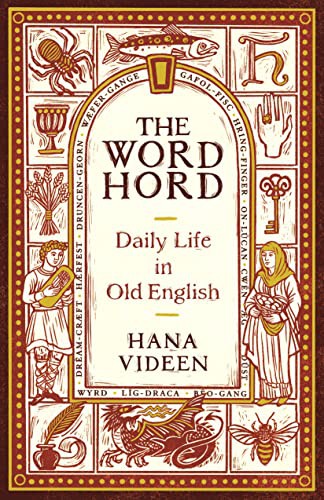Annie the Book reviewed The Wordhord by Hana Videen
The Wordhord, by Hana Videen
3 stars
Linguists can tell you that only a fraction of a language makes it into print (despite the best efforts of the folks at the Oxford English Dictionary). Most language is spoken and uncaptured—at least until social media and texting came along. When we write things down, we punctuate and fix misspellings and often use a more formal register than what we use to talk to each other. When we speak, we contract words to talk even faster, add tone to express sympathy and sarcasm, use shorthand references that we don’t explain, and on and on. Written language lags behind the lively spoken version (to the annoyance of folks at the OED, I’m sure). All of this introduction is to impress the staggeringly difficult task Hana Videen set for herself in The Wordhord: to unlock the mysteries of Old English...
Read the rest of my review at A …
Linguists can tell you that only a fraction of a language makes it into print (despite the best efforts of the folks at the Oxford English Dictionary). Most language is spoken and uncaptured—at least until social media and texting came along. When we write things down, we punctuate and fix misspellings and often use a more formal register than what we use to talk to each other. When we speak, we contract words to talk even faster, add tone to express sympathy and sarcasm, use shorthand references that we don’t explain, and on and on. Written language lags behind the lively spoken version (to the annoyance of folks at the OED, I’m sure). All of this introduction is to impress the staggeringly difficult task Hana Videen set for herself in The Wordhord: to unlock the mysteries of Old English...
Read the rest of my review at A Bookish Type.

